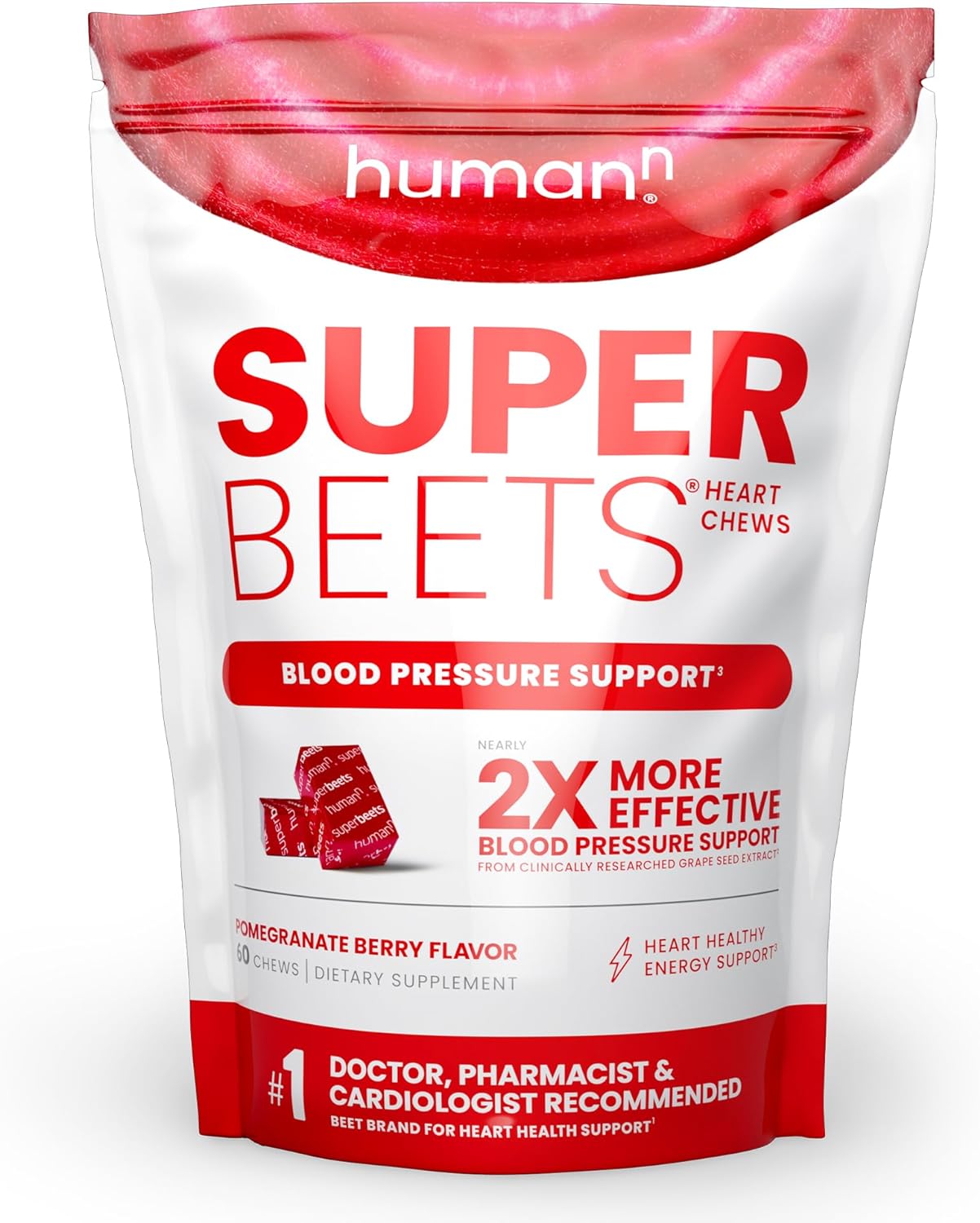“With every bite, the battle begins; caught in a maze of taste, where joy and guilt intertwine.”
Have you ever thought about how the food you eat every day affects your heart? Maintaining heart health can be challenging, especially with the temptations of unhealthy foods.
Many people struggle to resist processed snacks, trans fats, and sugary treats because of their taste. Unfortunately, these choices can lead to issues like high cholesterol, elevated blood pressure, and poor cardiovascular health.
The good news is that you can strengthen your heart and lower your risk of heart disease by making simple, mindful changes to your eating habits.
Let’s explore how choosing nourishing foods can truly impact your heart health and enhance your overall well-being.
Why Are Healthy Foods Crucial for Your Heart?
You often focus only on the taste of food, putting your health on hold. However, with constant environmental changes and unhealthy lifestyles, adopting healthy eating habits is essential to keep your heart in good shape.
Your heart is a powerhouse that pumps life throughout your body, and its strength depends significantly on what you choose to eat.
The impact of food on heart health is crucial as the link between what you eat and your overall health is profound. Unhealthy foods high in saturated fats and sugars can lead to plaque buildup in your arteries, increasing the risk of heart disease and other cardiovascular diseases. On the other hand, a diet filled with heart-healthy foods can help prevent these complications.
Incorporating fresh fruits, vegetables, whole foods, and healthy fats into your meals can lower bad cholesterol (LDL) and boost good cholesterol (HDL). These simple dietary changes can significantly reduce your risk of heart disease.
Studies show that nearly one in three adults face heart issues primarily due to poor eating habits.
Did You Know?
Your heart beats around 100,000 times a day, and every beat is powered by the nutrients you choose to fuel it with.
Foods rich in fiber, like oats and legumes, can absorb excess cholesterol in your bloodstream, keeping your arteries clear. This helps your arteries stay clear and free of blockages, making it easier for your heart to pump blood efficiently.
Lifestyle Changes That Support Your Heart-Healthy Diet
Here are some lifestyle changes that can help you maintain a heart-healthy diet:
- Plan Your Meals Ahead
Preparing your meals in advance is important; it helps you make healthier choices and avoid impulsive, unhealthy options.
- Manage Portion Sizes
Another way is to control how much you eat, maintain a healthy weight, and prevent overconsumption of unhealthy foods.
- Stay Hydrated
Drinking plenty of water supports overall health and properly functions your cardiovascular system.
- Swap Processed Snacks
One effective way to maintain a healthy diet is to replace processed snacks with natural options like nuts, seeds, and fruits to boost heart health.
- Limit Trans Fats and Sodium
Reduce your intake of fast foods and highly processed meals that are high in unhealthy fats and salt.
- Balance Macronutrients
Your diet should include a balanced mix of fats, proteins, and carbohydrates, and you should try to avoid artificial additives.
- Cook More at Home
Another great way to maintain a healthy diet is to prepare meals at home. This allows you to control ingredients and portion sizes, which can significantly improve heart health.
- Monitor Salt Intake
You can lower blood pressure and reduce strain on the heart by reducing sodium.
- Read Food Labels
Be aware of the nutritional content of your food by checking labels, particularly for hidden sugars and fats.
- Prevent Heart Disease
A healthier lifestyle and diet can prevent almost 50% of heart disease cases, highlighting the long-term benefits of these changes.
🎭 Mindful Thought
Each small change you make in your diet is a step towards a healthier heart; remember, every mindful choice nourishes not just your body but your life.
These lifestyle changes will help you follow a heart-healthy diet and achieve overall wellness.
How to Make Food Choices That Benefit Your Heart Health?
You must make the right dietary choices to keep your heart strong and healthy.
But how can you put these choices into action?
One way is to include a variety of foods that support heart health in your diet. Leafy greens like spinach and kale are great options. They are packed with antioxidants and nitrates, which help your blood vessels work better and can lower blood pressure.
Here’s how you can incorporate a heart-healthy diet into your daily life:
#1: Focus on Whole Foods
It is essential to replace processed food with whole, natural options. For example, choose oatmeal with fresh berries and nuts instead of sugary cereals for breakfast. This helps manage cholesterol and keeps your blood sugar steady, providing balanced energy all day.
#2: Include Healthy Fats
You don’t have to avoid fats completely; just choose the right ones! Foods like avocados, olive oil, and fatty fish like salmon provide healthy unsaturated fats that can lower bad cholesterol. Adding these to your diet can reduce inflammation and boost cardiovascular health.
#3: Make It Practical with Real-Life Scenarios
When it’s lunchtime at work, instead of ordering fast food, make it a habit to bring a homemade quinoa salad with heart-healthy ingredients like olive oil, chickpeas, and mixed greens. This simple daily choice helps keep your cholesterol steady and gives you lasting energy, showing how your food choices directly affect your health.
#4: Avoid Foods That Harm Your Heart
It’s also important to know which foods you shouldn’t eat. Processed meats, sugary drinks, and too much salt can harm your heart. Studies show that high sodium levels can raise blood pressure, putting extra stress on your heart. When picking foods, watch out for these risks and choose foods that promote heart health instead. You can also include supplements to strengthen your heart.
Bonus Tip
Add a splash of color to your meals! The more vibrant fruits and vegetables on your plate, the more diverse antioxidants you’re giving your heart—making each meal a small boost for cardiovascular health.
Turning these choices into habits can bring big benefits over time. Research shows that people who follow heart-healthy eating can lower their risk of heart disease by up to 25%, highlighting the strong effect of diet on heart health.
Conclusion
Choosing the right food is more important than you may think, especially when it comes to your health.
Having the right food and a balanced diet helps reduce cholesterol, improve blood pressure, and minimize the risk of heart disease.
You must focus on foods that promote heart health, adopt smart lifestyle changes, and, most importantly, avoid harmful ingredients. It will help you protect your heart and enjoy a healthier life.
If you incorporate these healthy practices into your routine, they will help you improve how you feel and provide long-lasting benefits to your mind and body.
Taking care of your heart is one of the most important things you can do for yourself. You must make thoughtful food decisions to have a healthy heart and strong body.
“Life dances, reaching for joy; with cheerful voices, a strong heart is nourished by healthy choices.”
Activity: Build Your Heart-Healthy Plate Challenge
- Step 1: Grab a plate and divide it mentally into sections for different food groups.
- Step 2: Choose at least one colorful fruit or vegetable for each meal today; aim for a variety of colors.
- Step 3: Add a source of healthy fat, like avocado or olive oil, to one of your meals.
- Step 4: Swap one processed snack with a handful of nuts or seeds.
- Step 5: At the end of the day, reflect on how these choices made you feel. Did you feel more energized? More satisfied?
Try this challenge for a week and see how small changes can lead to big improvements in heart health!





















